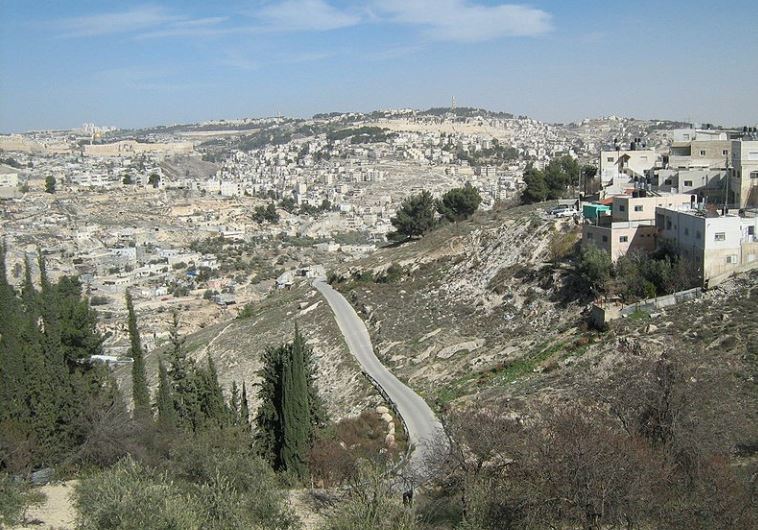Jerusalem: Fear and loathing between East and West
An inside look at the residents of the Jewish neighborhood of Armon Hanatziv and the adjacent Arab neighborhood of Jebl Mukaber.
 View of the southeast Jerusalem neighborhood Armon Hanatziv (photo credit: Wikimedia Commons)Updated:
View of the southeast Jerusalem neighborhood Armon Hanatziv (photo credit: Wikimedia Commons)Updated: